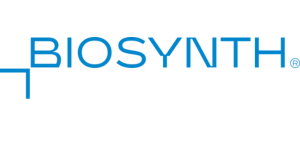This webinar provides an in-depth exploration of advanced bioconjugation strategies, starting with a concise overview of covalently linking biomolecules to synthetic compounds. It delves into targeted conjugation chemistries using natural amino acid residues and explores alternative methods like glycoPEGylation, with a focus on optimizing reaction conditions to achieve desired specificity and higher yield. The program also highlights the development of conjugate vaccines, particularly the use of carrier proteins, to enhance immune responses, and showcases the need for integrated manufacturing capabilities, including GMP-compliant production and analytical method development. Additionally, it addresses the strategies and challenges of carbohydrate conjugation, and concludes with an exploration of both established and emerging techniques in peptide conjugation.
Learning Objectives:
- Compare and evaluate bioconjugation strategies, including approaches targeting natural amino acid residues and alternative methods such as glycoPEGylation, while understanding critical parameters like reagent ratios, pH and temperature for optimizing reaction efficiency and specificity.
- Describe the rationale and techniques for carbohydrate conjugation, distinguishing between reducing and nonreducing terminus strategies, and comparing total synthesis approaches with conjugation of native (unprotected) oligosaccharides.
- Explain the principles of conjugate vaccine development, focusing on how carbohydrates and poorly immunogenic antigens are chemically linked to carrier proteins to enhance immune responses, and recognize the unique challenges involved in carbohydrate conjugation.




 Back
Back



